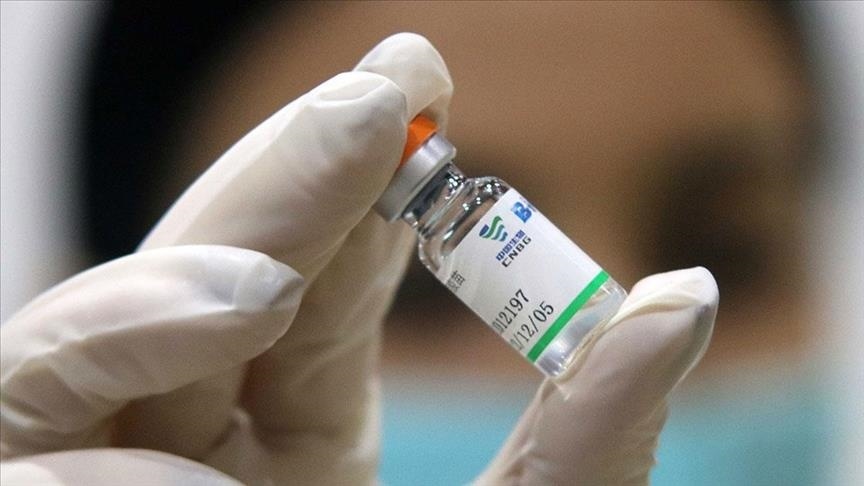LAHORE MIRROR (Monitoring Desk)– The World Health Organization (WHO) has granted emergency approval for the Covid vaccine made by Chinese firm Sinopharm.
It is the first vaccine developed in a non-Western country to get WHO backing.
China has already vaccinated millions of people at home and in 45 other countries.
Until now, the WHO had only approved the vaccines made by Pfizer, AstraZeneca, Johnson & Johnson and Moderna.
However, individual health regulators in various countries – especially poorer ones in Africa, Latin America and Asia – have already approved the Chinese jabs for emergency use.
With little data released internationally early on, the effectiveness of the various Chinese vaccines has long been uncertain.
Brazilian trials of another vaccine, Sinovac, for instance, showed an efficacy rate of around 50.4%, which is barely over the 50% threshold needed for approval by the WHO.
Other trials in Turkey and Indonesia have indicated a higher efficacy rate though.
Why does WHO backing matter?
The green light from the global health body is a guideline for national regulators that a vaccine is safe and effective.
It also means that the vaccine can be used in the global Covax programme, which aims to provide about two billion vaccines to developing countries.
The decision to list the Chinese vaccine for emergency use would give a substantial boost to Covax, which is currently crippled by supply shortages, mostly caused by India halting the export of vaccines.
It has only been able to deliver about 50 million doses so far.
The vaccine made by Sinovac, called CoronaVac, has only been fully authorised for use by China, but the government has already shipped millions of doses to a number of countries, which have permitted its emergency usage.
In Asia, the biggest recipients of the vaccine are Indonesia, Malaysia, the Philippines, Thailand and Pakistan, while in the Americas, Brazil, Mexico, Chile, Colombia and Ecuador have ordered millions of the jabs.
In Europe, Turkey and Ukraine have signed large contracts for Sinovac.
The vaccine is also thought to be particularly important for African countries, where so far Zimbabwe, Somalia, Djibouti, Benin and Tunisia have received vaccines from China.
One of the Chinese vaccines’ main advantages is that they can be stored in a standard refrigerator at 2-8 degrees Celsius, like the AztraZeneca vaccine.
How do the Chinese shots work?
The two Chinese vaccines differ significantly from some of the other Covid vaccines currently in use, especially those by Pfizer and Moderna.
Developed in a more traditional way, they are so-called inactivated vaccines, which means they use killed viral particles to expose the immune system to the virus without risking a serious disease response.
By comparison, the BioNtech/Pfizer and Moderna vaccines are mRNA vaccines. This means part of the coronavirus’ genetic code is injected into the body, training the immune system how to respond to it.
The UK’s AstraZeneca vaccine is yet another type of vaccine where a version of a common cold virus from chimpanzees is modified to contain genetic material shared by the coronavirus. Once injected, it teaches the immune system how to fight the real virus.
BioNTech/Pfizer and Moderna have an efficacy rate of around 90% or higher, while the AstraZeneca jab is thought to be around 76%.
In April, China’s top disease control official said the efficacy of the country’s Covid vaccines was low, although he later insisted his comments had been misinterpreted.
SOURCE: BBC NEWS

